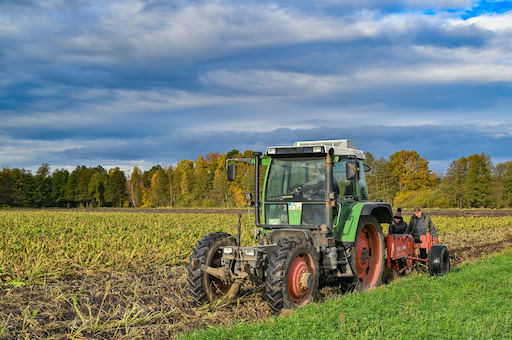Admin I Saturday, Jan. 13, 2024
“Increasing demands related to environmental protection, animal welfare and business management are putting more and more pressure on farms. Added to this is the shortage of skilled labour and the often unresolved succession issues on family farms,” it wrote.
DZ Bank sector expert Claus Niegsch estimates the number of farms will fall from around 256,000 in 2022 to around 100,000 in 2040.
With agricultural land remaining roughly the same, the average size of a farm is likely to more than double from 64.8 hectares to 160 hectares in 2040.
In the long term, more and more large, capital-intensive farms with modern technology will characterize the sector.
“The family farm is increasingly on the brink of extinction,” the bank said, while noting that organic farming and other specializations may offer new opportunities.
The demise of farms in Germany, like other developed countries, has been going on for decades. There were 1.8 million farms in Germany in 1949, shortly after World War II, the bank estimated.
The current farmers’ protests against planned cuts in diesel fuel subsidies have drawn attention to the agricultural sector, which no longer has much significance for the export-oriented economy, Europe’s largest.
Farmers counter, however, that their work is key to ensuring the domestic food supply. They have been blocking major roadways with their tractors to protest the subsidy cuts.
